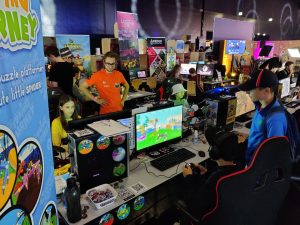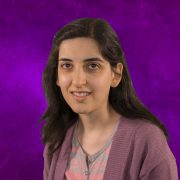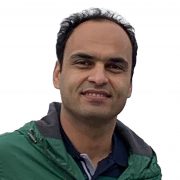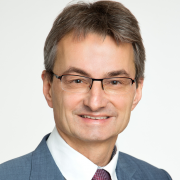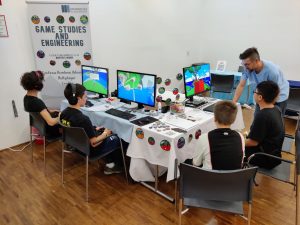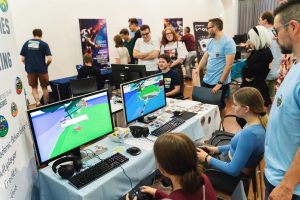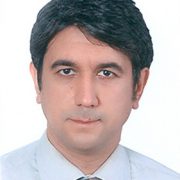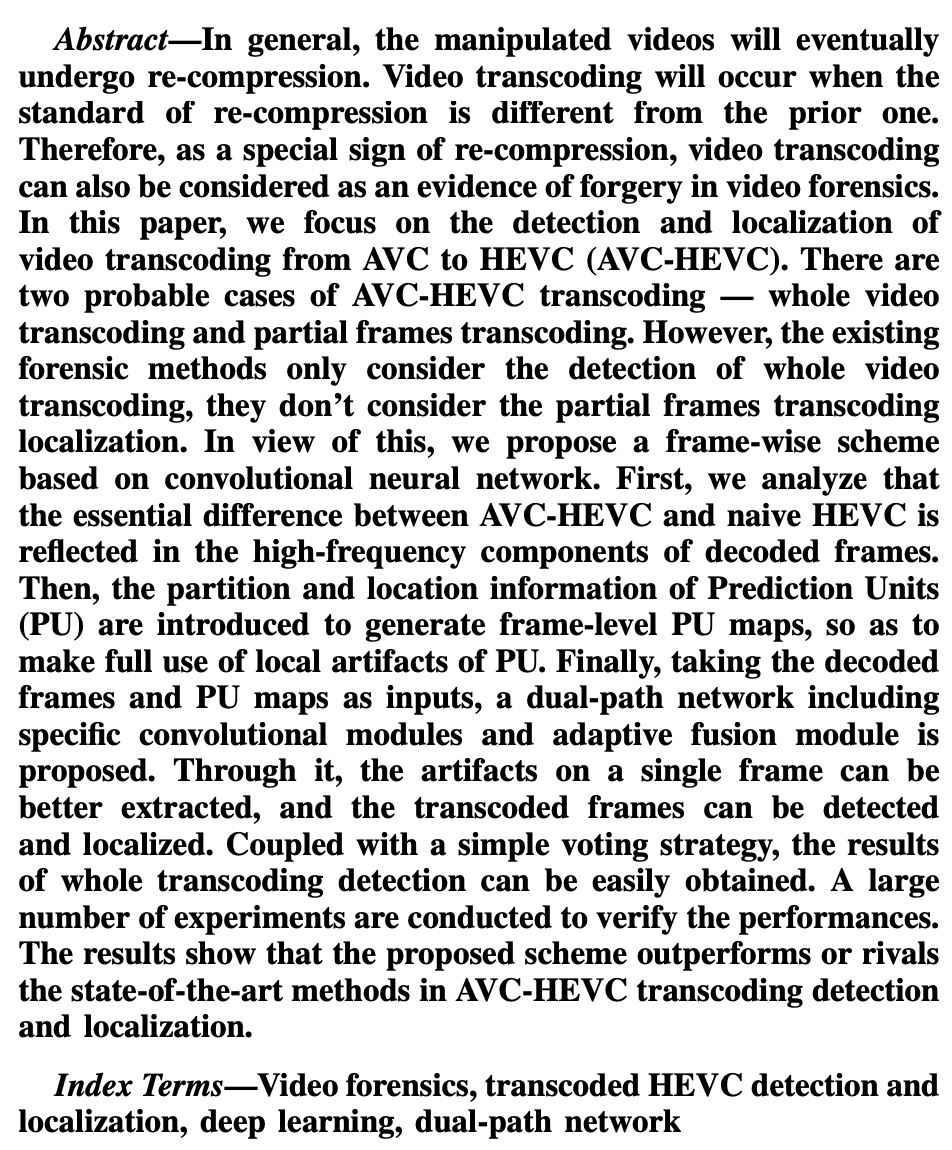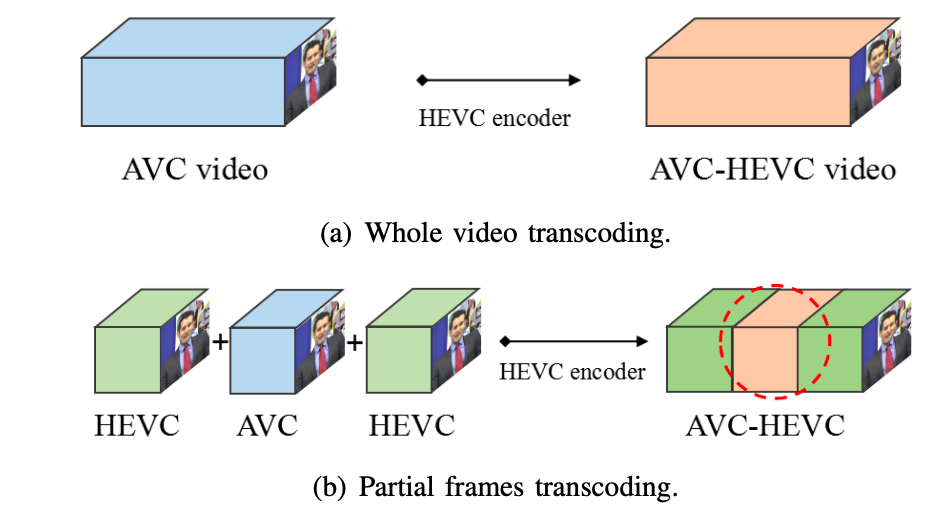Title: MCred: Multi-Modal Message Credibility for Fake News Detection using BERT and CNN
Journal: Journal of Ambient Intelligence and Humanized Computing
Authors: Pawan Kumar Verma, Prateek Agrawal, Vishu Madaan, Radu Prodan
Abstract:
Online social media enables low cost, easy access, rapid propagation, and easy communication of information, including spreading low-quality fake news. Fake news has become a huge threat to every sector in society, and resulting in decrements in the trust quotient for media and leading the audience into bewilderment. In this paper, we proposed a new framework called Message Credibility (MCred) for fake news detection that utilizes the benefits of local and global text semantics. This framework is the fusion of Bidirectional Encoder Representations from Transformers (BERT) using the relationship between words in sentences for global text semantics and Convolutional Neural Networks (CNN) using N-gram features for local text semantics. We demonstrate through experimental results a popular Kaggle dataset that MCred improves the accuracy over a state-of-the-art model by 1.10%, thanks to its combination of local and global text semantics.



